What is Menopause
The menopause, a biologically normal process, signals the end of a woman’s fertile years. Although it can develop earlier or later, it normally starts between the ages of 40 and 55. Menopause, however, is a gradual process that can take years rather than an abrupt event. Perimenopause, menopause, and post-menopause are the three stages that make up this process. The distinctions between perimenopause and menopause, as well as the symptoms connected with each, will be covered in this article.
Are you going through Perimenopause
Perimenopause is the period between the onset of menopause and the last menstrual period. Although the average age for perimenopause is 45years, a lot women can start experiencing symptoms as young at their late 30 to early 40’s. This period can last anything from 2 to 10 years, and is signalled by irregularity in your monthly menstrual pattern and menopause symptoms such as hot flashes, night sweats, insomnia, fatigue, mood swings, Increased anxiety, and decreased libido. These symptoms can vary in severity and frequency. And some women to not experience the typical symptoms and the menstrual irregularity are so minor that they fail to know they are going through perimenopause
Are you going through Menopause
Menopause is the day your period actually stops. Practitioners usually confirm menopause after 12 months of no menstrual bleeding of any kind. During this period, you may experience symptoms such as hot flashes, night sweats, mood swings, vaginal dryness, and decreased libido. These symptoms are caused by a decrease in estrogen and progesterone, two hormones that regulate the menstrual cycle and support a lot more functions in your body.
Post-Menopause
Post-menopause is the period after your ovaries stop working, and most women who are diagnosed as having reached menopause after 12 months are mostly post-menopausal. This period is also marked with symptoms such as hot flashes, vaginal dryness, decreased libido, and mood swings. Symptoms can last for up to a decade post-menopause, but usually ease over time as the body gets used to the reduced estrogen and progesterone. A woman will remain in the post menopause phase the rest of her life.
Symptoms of Menopause
Menopause symptoms can vary in severity and duration, but understanding the differences between perimenopause and menopause can help you manage them effectively.
The physical, cognitive, and psychological symptoms of menopause can be challenging to deal with, but there are many ways to alleviate them, including lifestyle changes, supplements, and medication.
Physical Symptoms of Menopause:
Hot flashes and night sweats
Irregular periods
Vaginal dryness
Decreased libido
Insomnia
Fatigue
Headaches/Migraine
Joint and muscle pain
Urinary incontinence
Weight gain
Urinary Tract Infections
Dry Skin/Itchy skin
Gum Issues
Gut Issues (Bloating, digestive issue etc)
Change in Body Odour
Change in Breast Shape
Loss of muscle tone
Restless leg syndrome
Tinnitus
Sensitively to the Sun
Adult Acne
Hair loss/thinning all over the body
Change in hair texture, dry frizzy hair
Vision Issues
Brittle nails
Cognitive Symptoms of Menopause:
Difficulty concentrating
Memory problems
Brain fog
Reduced mental acuity
Psychological Symptoms of Menopause:
Mood swings
Anxiety
Anger
Depression
Irritability
Stress & Overwhelm
Reduced self-esteem
Lack of motivation
Negative Body Image
Over emotional (Bouts of crying for little or no reason)
How to treat the symptoms of Menopause
Women can alleviate these symptoms with Hormone Replacement Therapy (HRT), which can be very effective, but it’s not an option for all women due to various health concerns. Fortunately, there are other options available to manage menopause symptoms. Herbs, supplements, lifestyle changes, and nutrition can all play a significant role in reducing the severity of menopause symptoms. By incorporating these approaches into your daily routine, you can improve your overall well-being and quality of life during this transitional period.
In conclusion, every woman will eventually go through menopause, which is a normal biological process. Despite the discomfort of the symptoms, there are numerous ways to treat them, including modifying one’s lifestyle and taking medications. It can be easier to effectively manage your menopause experience and maintain control if you are aware of the symptoms that are specific to each stage. We at TR Transiformations are aware that each woman’s experience is different, and we are here to support you. For you can thrive through your transition from perimenopause to your post menopause life, our specialist menopause coach can assist you in determining your current phase, suggesting the appropriate supplements, life style changes, nutrition and exercise, customising your approach to suit your particular tastes. Send us a message now to learn more about how we can assist you.
At TR Transformations, we offer personalized approaches to menopause management, including tailored supplement plans, lifestyle recommendations, and expert advice.
With the right support and guidance, you can thrive through menopause and enjoy this new phase of life. Contact us today to learn more about how we can help you.

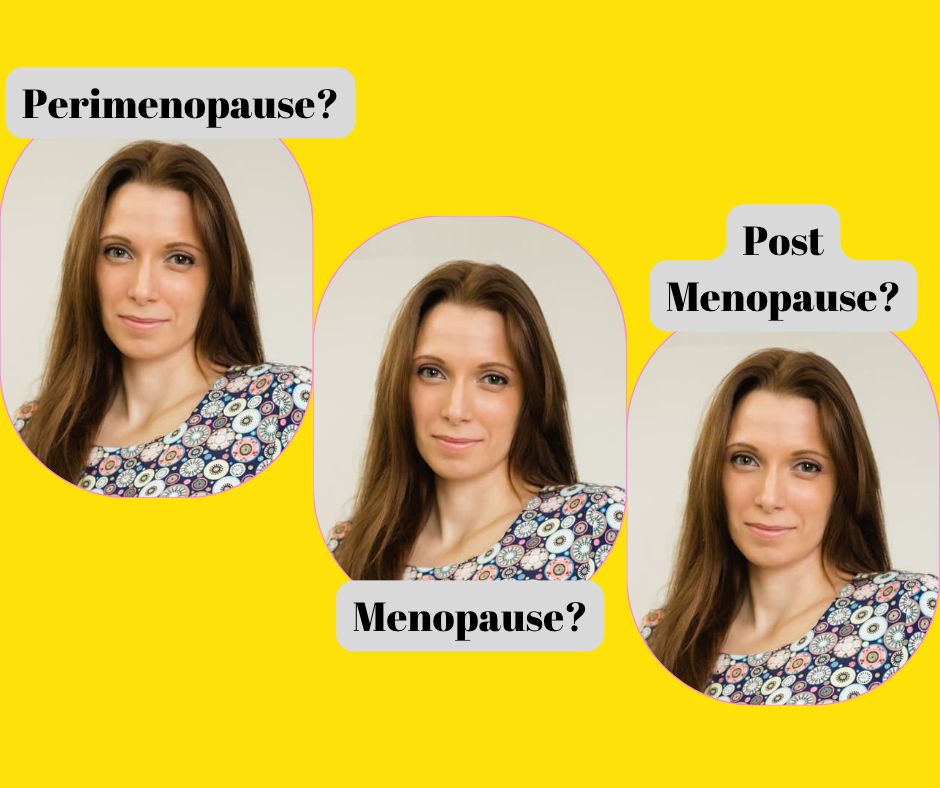
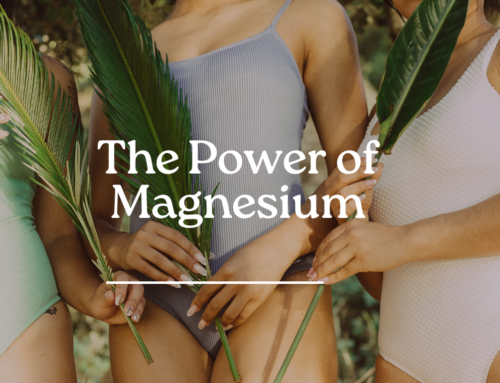
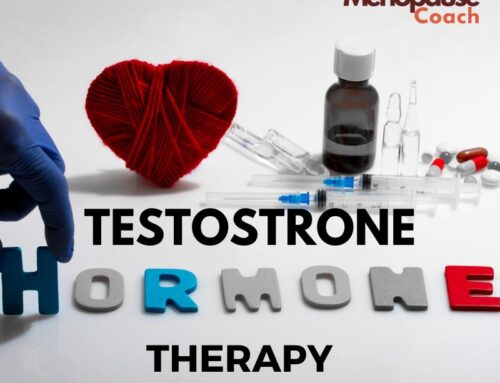
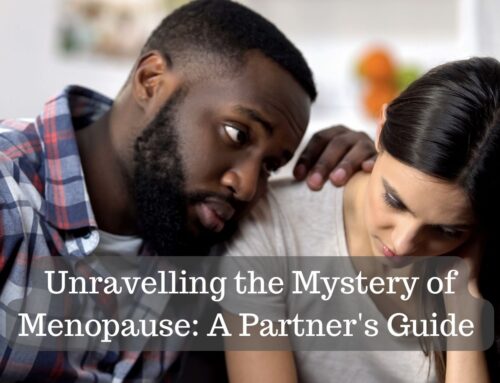
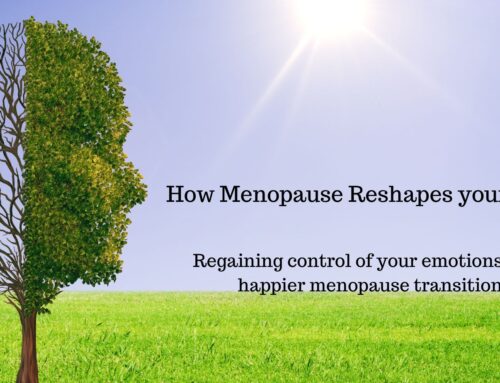
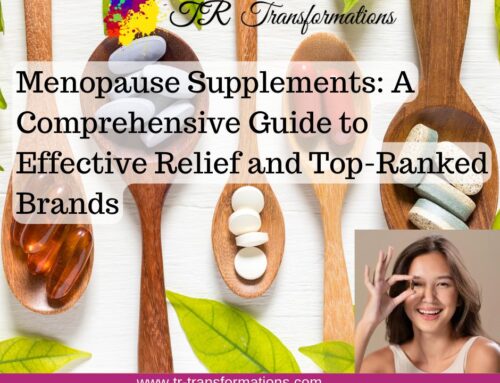
Leave A Comment